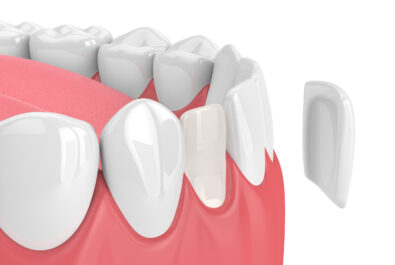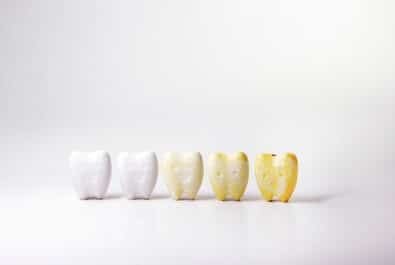A dental crown is considered a restoration. Designed to completely surround a damaged tooth or dental implant, dental crowns are affixed to the remaining tooth structure or titanium post using dental cement. Over the years, a large variety of materials have been used for fabricating dental crowns. Some materials proved more successful than others, but improvements and innovations continue all the time. Dr. Hofkes in Cerritos, CA will tell you about one of your options: zirconia crowns.
The Benefits of Zirconia
Zirconia distinguishes itself as a dental material because of unprecedented strength. Obviously, this is a major benefit when considering a dental restoration. Your teeth weather plenty of wear and tear. When you go through a dental crown procedure, you want the restoration to last. Zirconia is made from an oxide of a metal. The look of zirconia gives the material an aesthetic look of being “metal-free” even if it technically is not. Once placed, a color-matched Zirconia crown is polished or glazed to give a natural, translucent, tooth-like appearance. The most cosmetically appealing method is to layer Zirconia with porcelain.














